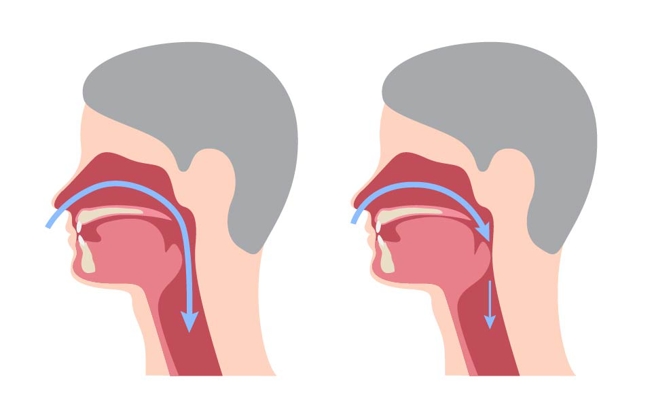The Early Warning Signs of Cervical Cancer
- Category: Cancer, Gynecology, Oncology
- Posted On:
- Written By: Parrish Healthcare

Understanding Cervical Cancer
According to the American Cancer Society, cervical cancer is typically diagnosed in women between the ages of 35 and 44. However, women at any age can still be at risk. Understanding the symptoms and risk factors can help with early detection. Here’s what every woman should know.
Early Warning Signs of Cervical Cancer
Detecting cervical cancer in its beginning stages is key to increasing the chances of survival. It’s crucial to know the following symptoms:
- Vaginal bleeding (either after intercourse, between periods or post-menopause)
- Abnormal vaginal discharge (heavy or with a foul odor)
- Pain during intercourse
- Pelvic pain
- Lower back pain
- Pain and swelling in legs
- Unexplained weight loss
- Decreased appetite
Risk Factors for Developing Cervical Cancer
While there is no surefire way to know what causes any type of cancer, there are some risk factors that can increase your chances of developing cervical cancer. Understanding the following risk factors can help you make healthy changes to decrease your risk:
- HPV - human papillomavirus is one of the leading risks in developing cervical cancer. While there are over 100 types of HPV infections, the HPV16 and HPV18 strains are the most associated with cervical cancers.
- Smoking - chemicals found in tobacco can put women who smoke at increased risk for cervical cancer. Second-hand smoke may also play a role.
- Low immune system - women who have HIV may not be able to effectively fight HPV infections, thus putting them at risk of developing cervical cancer at a faster rate.
- Lack of access to healthcare - women who may not have access to regular health care and cancer screenings could be at high risk.
- Family history - having a family member who has been diagnosed with cervical cancer is a risk factor.
Cervical Cancer Prevention
While cervical cancer isn’t entirely preventable, there are some things you can do to decrease your risk. Here are some tips:
- Cervical cancer screenings - having regular Pap test screenings can aid in early detection.
- HPV vaccination - since HPV is one of the top risk factors in developing cervical cancer, the HPV vaccine can help with prevention. Talk to your doctor to learn if you are a candidate for the HPV vaccine.
- Practice safe sex - HPV is sexually transmitted. Practicing safe sex can reduce the risk of developing HPV.
- Stop smoking - smoking is a risk factor for many types of cancers, including cervical cancer. Quitting now can help reduce your risk.
If you are concerned about your risk of developing cervical cancer, we are here to help. To learn more about cervical cancer treatment and prevention, contact The Parrish Cancer Center today at 321-529-6202. Our caring oncologists are here to help you every step of the way.



